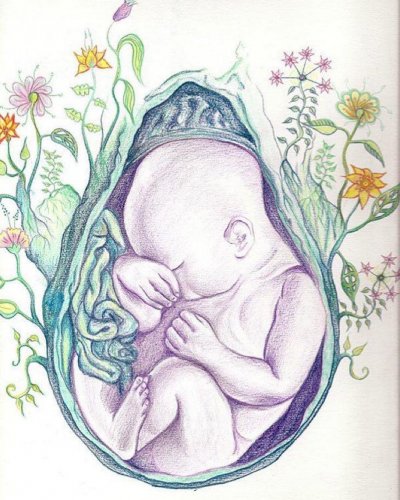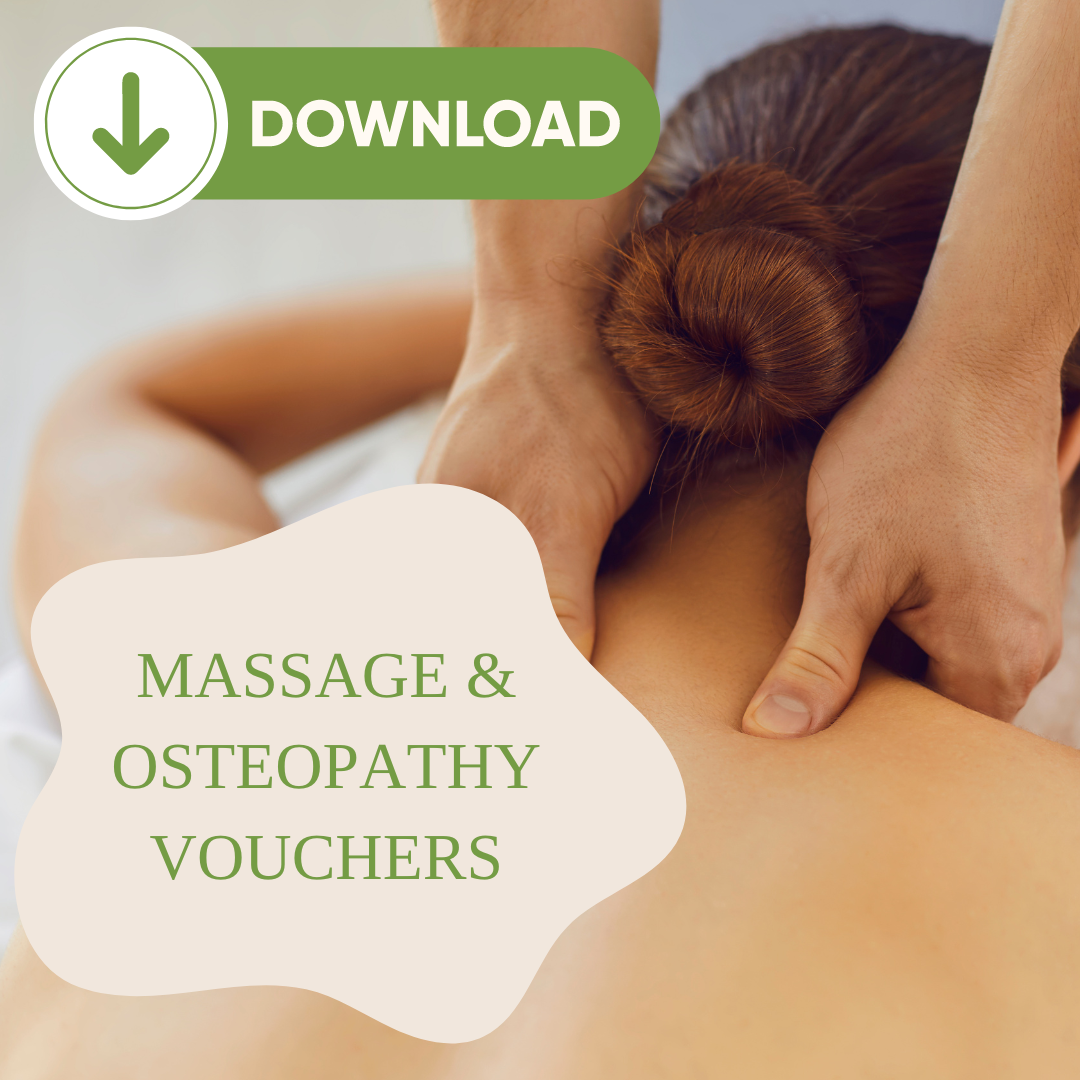As a nearly 40 something I remember spending a large amount of my twenties trying to avoid pregnancy, in and out of relationships, some stable and some not so stable but either way I did not want a baby. My extortionate mortgage on my first home, my job travelling the world that I loved and my weekends free to brunch and shop. Why would I want a baby that I couldn’t financially support and that I assumed (wrongly) would take away all my freedom?!
Five years later
Married and after two years of trying to conceive naturally followed by 3 rounds of IVF, emotionally and physically exhausted and broke, I asked myself some questions. Yes, of course, I had to wait to meet the right person to settle down with, the average age for getting married has been slowly increasing since the 1950s and life is all about timing but how comes it was so blooming hard to achieve something I had spent my whole life avoiding? I was only 32 when I finally conceived so why was my body not capable of achieving what I so longed for naturally without medical intervention?
Many years later I think I have finally found some of the answers and coincidentally they led me to a change of career and lifestyle on the journey to better health, so what did I learn?
Time and Patience vs Approach
Firstly, us women are resolute! We don’t give up easily and Western reproductive medicine promises us the miracles of modern science no matter what our age. Don’t get me wrong, western medicine has given many couples the chance to have children (myself included) but we only tend to hear the success stories.
The current average live birth rate per embryo transfer is 21%, so there’s another 79% of women who have had their ovaries stimulated, eggs harvested and generally put through the mill of the emotional rollercoaster that is fertility treatment only to come out baby-less, heartbroken and even more exhausted than before they started. When someone tells you that you probably won’t conceive naturally and your best resort is assisted reproduction as a woman, you are led to believe this is the only option and with the clock ticking you start googling IVF clinics immediately.
Of course for some women IVF really is the only option, for example women who have had their fallopian tubes removed, women with early menopause who may require egg donation or issues with male factor infertility. I just wish I had tried some other approaches that may have resulted in a natural pregnancy without all the drugs and intervention, not to mention the cost. Had I been just a smidge more patient and prepared to invest more in my health as a whole could I potentially have gotten to the root cause as to why I couldn’t conceive naturally and still had the same happy outcome. Of course, I will never know the real answer to this though.
Unexplained Fertility is not always unexplained
Secondly, it is possible to suffer from conditions that inhibit your ability to conceive whilst not being formally diagnosed by a doctor, you are ‘subclinical’, you have few or no symptoms of a condition on the outside yet on the inside its what’s stopping you getting pregnant, of course you don’t know this at the time! Also known as the extremely frustrating phrase ‘unexplained infertility’.
For example, the prevalence of endometriosis in women with infertility can be as high as to 30–50% and it takes around seven to eight years on average for a woman to get diagnosed with endometriosis from the time she starts experiencing symptoms. However, 20-25% of women with endometriosis are asymptomatic with no pain or bleeding! That's a lot of women with potential endometriosis trying to get pregnant and not understanding why they can’t. Not to mention subclinical thyroid problems, hormonal imbalances, and auto-immune conditions.
You can start to see why assisted reproductive techniques should not always be the first option for every woman and also how putting excess hormones into an already imbalanced system doesn't always bring the desired result. Even if it does enable a woman to conceive and carry a child to term, there is little in terms of aftercare for the body that has been further imbalanced from hormone therapy.
Everybody is unique and deserves an individualised approach to their fertility
Finally, lots of different approaches can complement each other and you can integrate different forms of medicine and healing to suit your body and its needs. There is no one size fits all when it comes to fertility, which is an unfortunate disadvantage of free IVF cycles, they tend to offer a standard protocol for all. One advantage to private IVF treatment is that they will tailor your fertility treatment to the individual, probably because they have more fertility diagnostics available but of course these are normally an additional cost.
If you haven’t yet reached the point of considering assisted reproductive techniques (ART) then there are many options you can consider that work to harmonise the body and address the root cause of infertility. If you are about to embark on IVF, then many complementary therapies do what they say on the tin and ‘complement’ your treatment, addressing the side effects of drugs and improving outcomes. For example, a recent high-level review found acupuncture to significantly improve the live birth rate of subfertile patients undergoing IVF/ICSI (Zhang X et al 2018). Research into acupuncture and fertility has been ongoing for some time and a study way back in 2002 by Paulus et al initially concluded that acupuncture increased the pregnancy rate in women undergoing IVF.
The Eastern approach of trying to rebalance your body using nutrition, herbs, breathing techniques, and acupuncture can be likened to irrigating an empty river. If the river is empty and unable to nourish its surroundings then the eastern approach would be to look at the clouds and nourish them to produce the rain to fill the river, even though this may take time. The western approach would be to empty a dam upstream to quickly flood the river full again but never addressing why it was empty in the first place. Two very different approaches aiming for the same outcome, however, you may argue that the quicker, more aggressive approach can damage the delicate ecosystem causing further problems upstream in the long run.
A woman’s prerogative
A woman’s reproductive system was designed to conceive and carry a child, we are born with all the eggs we need, we just need them to be well nourished and in the right part of the right environment at the right time (and obviously fertilised!). Therefore it makes sense that how we nurture our internal environment and address imbalances that create barriers to our fertility can make the difference on our journey to motherhood.
In order to approach fertility in the 21st century, we need to keep an open mind as to the possibilities and developments of both complementary therapies and western medicine. Rule nothing out whilst at the same time sieving through the myriad of fertility advice out there to determine what suits our own fertile make up the best. Take ownership and responsibility for our own health and then we give ourselves the best chance at improving our outcome whichever road we go down.
Written by Rachel Sherriff, acupuncturist at The Perrymount Clinic and co-founder of Holistic Fertility. Holistic Fertility offers an integrated approach including acupuncture, freedom fertility coaching with Nicola Headley and nutritional support and recipes from Carolyn Nicholas, The Natural Chef. If you would like to discuss how we may be able to help you on your fertility journey then please call 01444 410944 to book your free initial 30 minute chat with Rachel. We look forward to meeting you.



